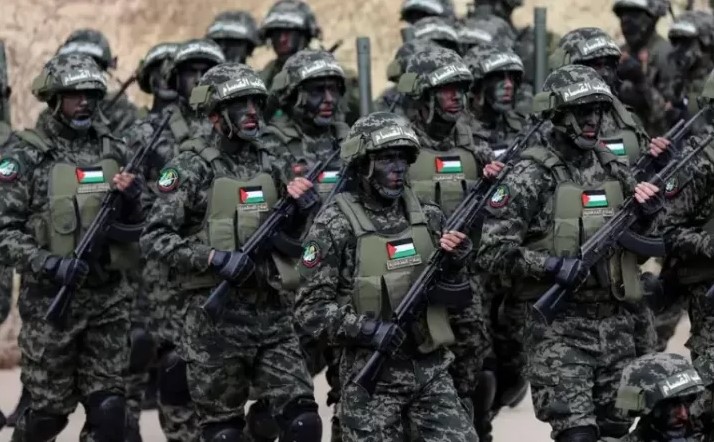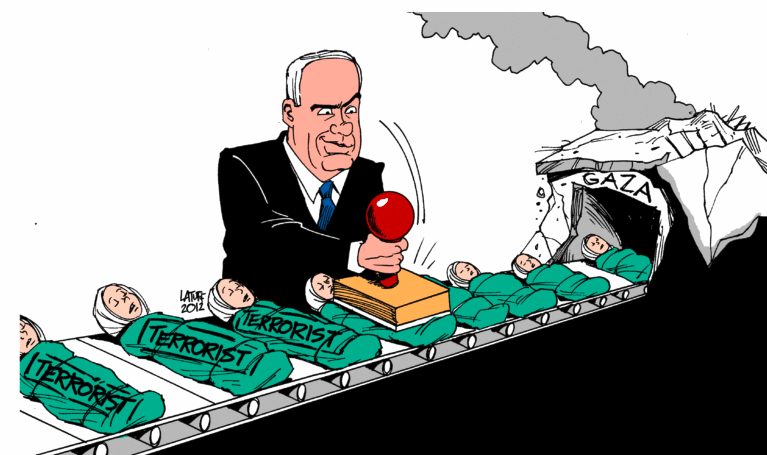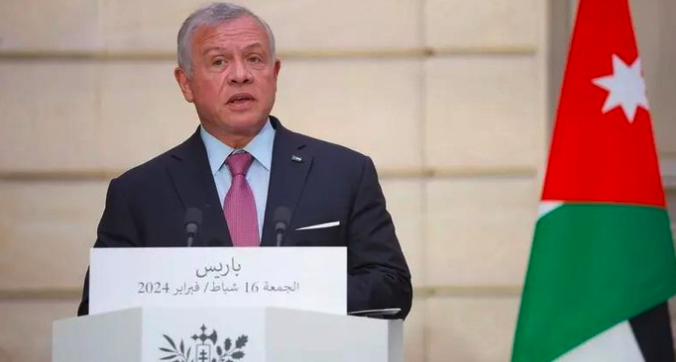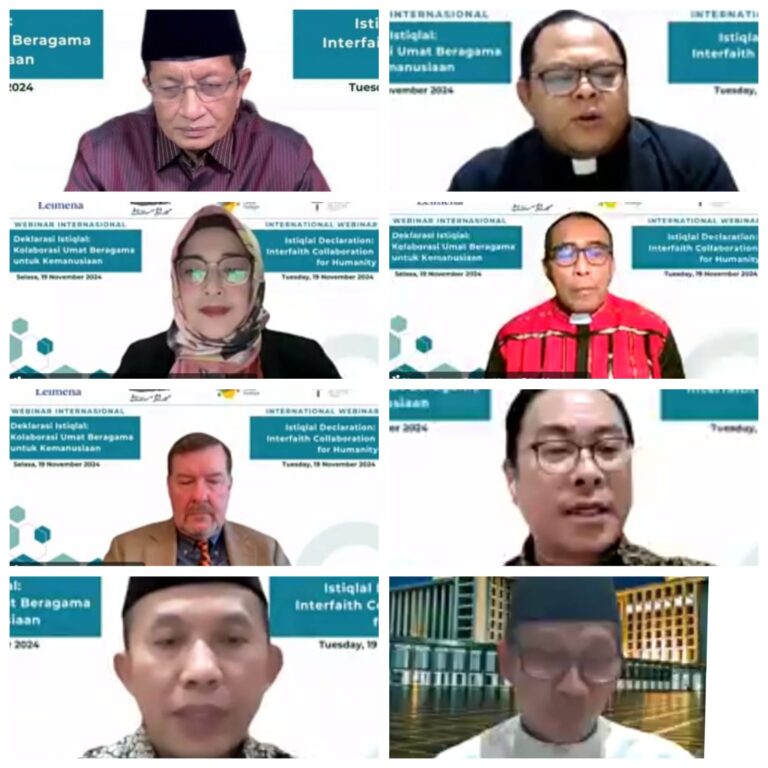
STRATEGIC ASSESSMENT. Western sanctions imposed on Russia for its invasion of Ukraine have caused global oil prices to spike as high as $130 per barrel recently, driving U.S. gasoline prices above $4 per gallon. U.S. officials agree that energy sanctions are necessary to compel Russian President Vladimir Putin to end military operations in Ukraine, but there is disagreement over the optimal strategy to address the upward pressure on oil prices. Some argue that the United States should encourage more domestic U.S. production by rolling back some of the restrictions on new production that were put in place in early 2021 as a response to climate change. Yet, ramping up U.S. production not only contradicts U.S. climate change policy, but is also a slow and somewhat cumbersome process that might not affect world oil prices before the Ukraine crisis reaches a resolution or conclusion.
U.S. officials assess that a more effective strategy is to encourage foreign oil producers—many of which have spare capacity that could be added to the global market quickly—to increase production. The dilemma for U.S. policy is that many of the major producers that have spare capacity are governed by controversial leaders and regimes with which the United States has strained or adversarial relations. Critics argue that U.S. outreach to such leaders compromises U.S. values and will strengthen regimes that U.S. policy has long sought, instead, to weaken strategically through sanctions or other policy tools.
The U.S. initiatives to increase global oil production have focused on Saudi Arabia, Venezuela, and Iran, and leaders of each pose distinct challenges to U.S. policy. Saudi Arabia is a longtime U.S partner in preserving Gulf security; it is the de-facto leader of the Organization of Petroleum Exporting Countries (OPEC), has ample spare capacity, and has significant influence over the United Arab Emirates (UAE), which also is positioned to potentially put more oil on the global market quickly. However, de-facto Saudi leader Crown Prince Mohammad bin Salman (MBS) has been shunned by U.S officials for the October 2018 killing of Saudi dissident journalist Jamal Khashoggi and for the civilian casualties caused by the war that the Kingdom and the UAE are pursuing against Iran-backed Houthi forces in Yemen. In addition, despite Saudi attempts to present a chastened and reform-minded MBS, the Kingdom ordered the execution of 81 individuals, accused of a range of alleged crimes. Press reports in early March indicated that President Biden was considering a visit to the Kingdom to encourage Saudi leaders to increase oil production—a visit that would almost certainly require a meeting with MBS. U.S. officials subsequently downplayed the possibility of a presidential visit, in large part in reaction to criticism that the trip would enhance MBS’ prestige and regional influence. As a further complication, OPEC is loosely coordinating oil production decisions with Russia under a grouping called “OPEC Plus,” putting Moscow in a position to discourage Saudi Arabia and the UAE from responding positively to U.S. overtures on oil issues.
Venezuela and Iran, both OPEC members, are longtime U.S. adversaries that are subject to extensive U.S. sanctions, including restrictions on exportation of oil to the United States. Yet, on March 5, a high-level U.S. delegation visited Caracas to explore with President Nicolas Maduro’s government the possibility of easing U.S. oil sanctions and other bilateral issues. The talks were significant insofar as the United States recognizes opposition leader Juan Guaidó as the country’s legitimate president. The discussions apparently made progress: Venezuela subsequently released two Americans held on various charges, including an oil executive with Citgo (a subsidiary of the state-owned oil company Petroleos de Venezuela, PDVSA). Eight Americans remain in custody there. Venezuelan opposition leaders reported that the United States offered, in exchange for some political reforms by Maduro, to grant U.S. energy major Chevron a special license to resume activities in Venezuela. A return of U.S. energy majors to Venezuela could help the country increase its crude oil exports to roughly 1.2 million barrels per day (bpd)—a large increase from the current level of around 755,000 bpd. Still, Venezuela has been a strategic ally of Russia as both countries have sought to counter U.S. policies generally, giving Moscow some leverage with which to pressure Maduro not to help Washington.
Similarly, Iran is both a strategic ally of Russia, particularly in Syria, as well as a major U.S. adversary. In the latest example of U.S.-Iran tensions, Iran claimed responsibility for the March 13 firing of twelve ballistic missiles on areas near the U.S. consulate in Erbil, in Kurdish-controlled northern Iraq. Despite the broad U.S.-Iran differences, an active process has been under way since well before the Ukraine invasion, and reportedly nearing fruition, that would return Iran to the global oil market. Talks between Iran and six powers, including the United States and Russia, have been taking place in Vienna since April 2021 to restore full compliance with a 2015 multilateral Iran nuclear deal that the Trump administration exited in 2018. If the nuclear agreement is revived, U.S. secondary sanctions on Iran’s energy sector would be lifted, although U.S. companies would still not be permitted to import Iranian oil into the United States. Within weeks, Iran would be able to put at least 1 million bpd more oil on the market—20% of the volumes Russia now exports. The potential for Iran’s full return to the oil market has injected new urgency into the Vienna talks, which diplomats expected to have been finalized in February. Russia’s new demands that Ukraine-related sanctions on Moscow not apply to its trade with Iran has held up a final deal. Still, both Iran and Venezuela will benefit greatly from U.S. sanctions relief, giving both governments incentive to strike a deal with Washington and rebuff Moscow’s pressure.





